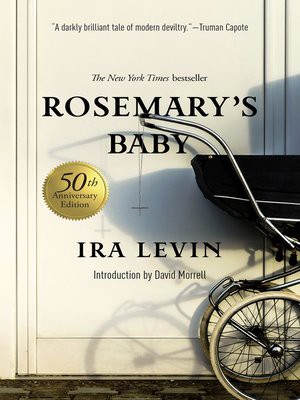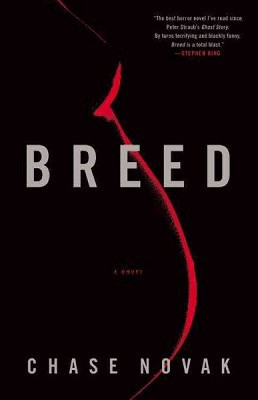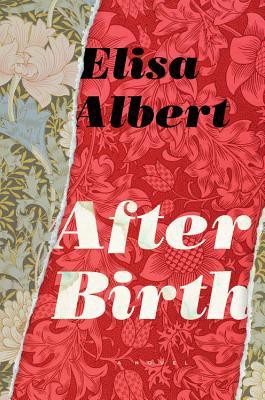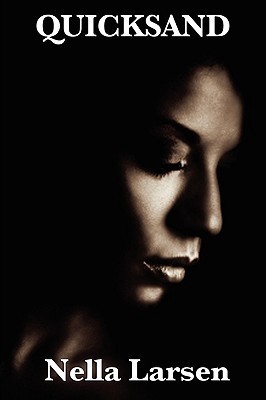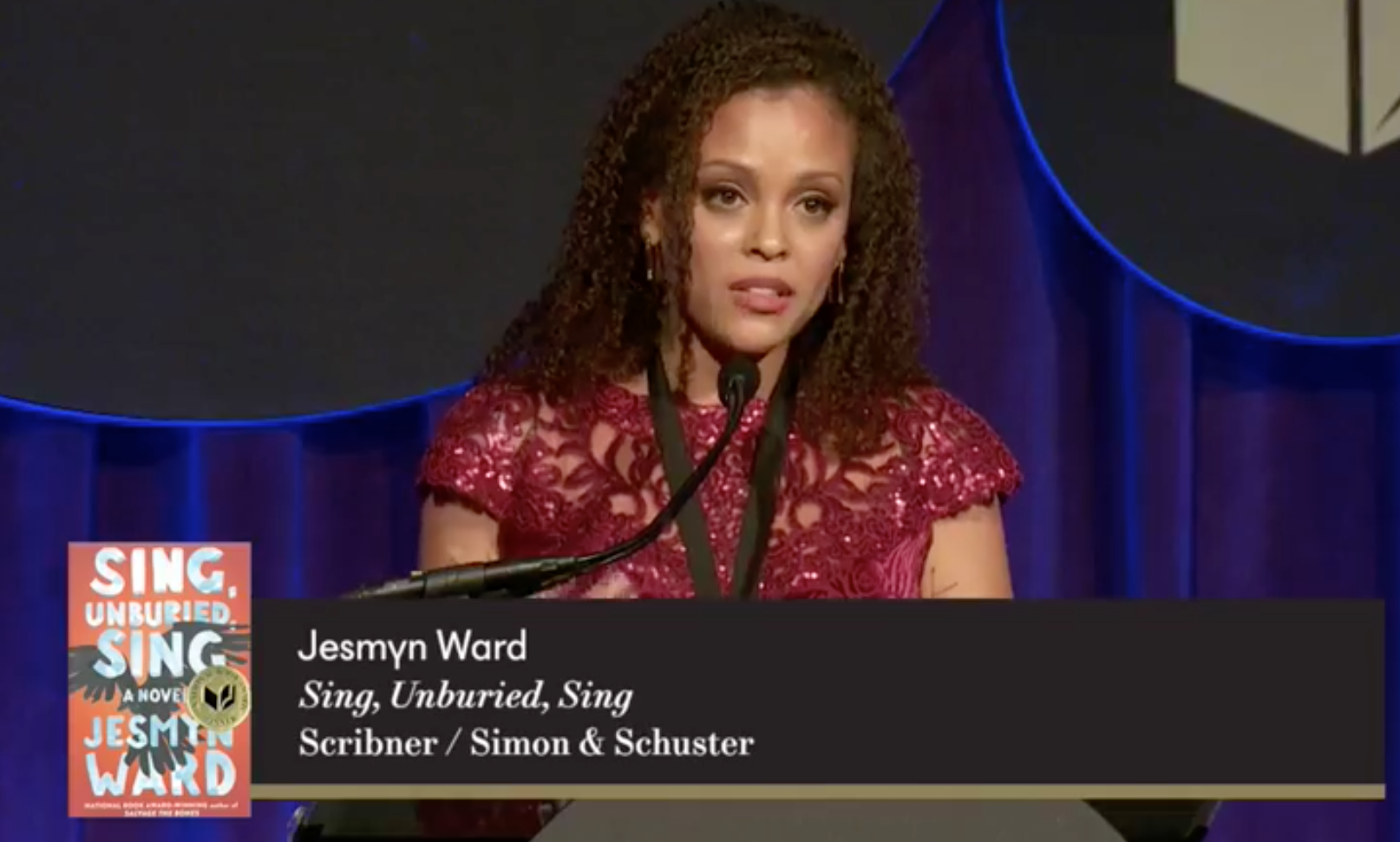Reading Lists
8 Books About the Horrors of Parenting
Authors from Shirley Jackson to Toni Morrison have captured the grim realities and fantastical terrors of trying to be a parent
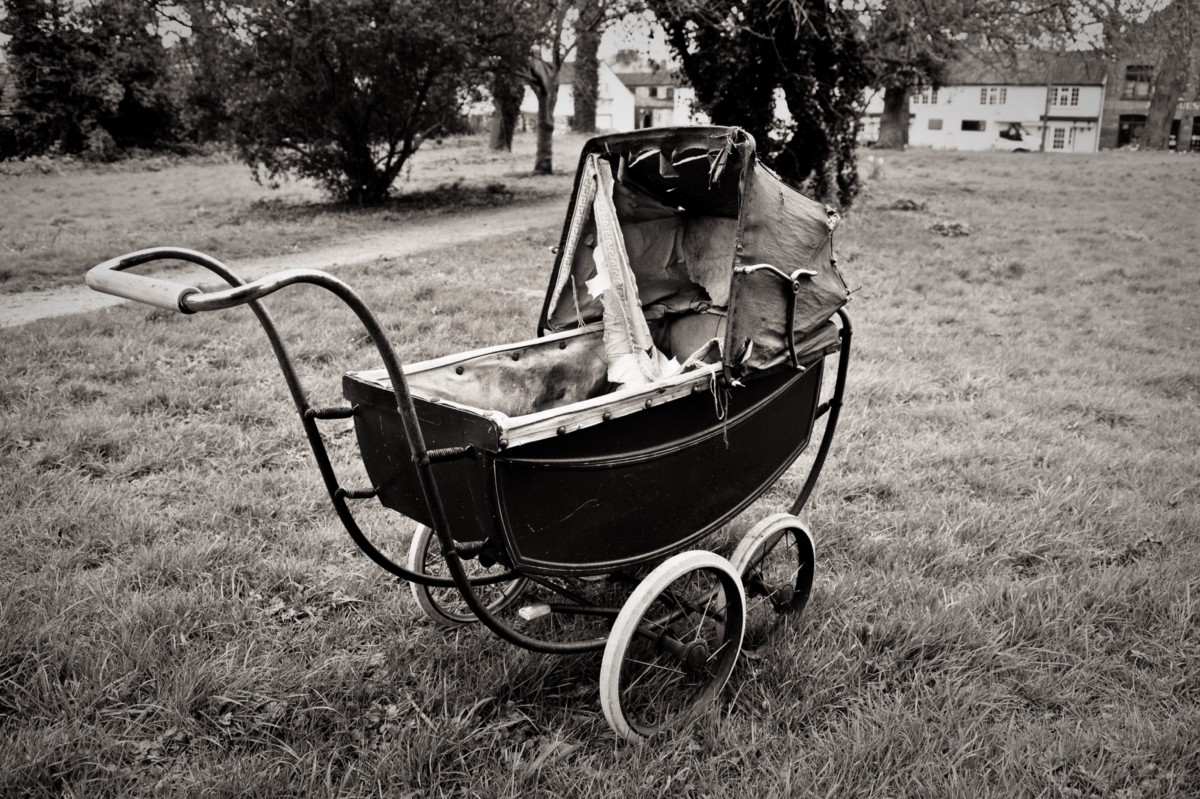
T o say that parenthood is scary is an understatement. A little seahorse shape inside another human becomes a live thing that can do nothing for itself, whose life, survival, and ability to eat and sleep with a normal circadian rhythm depends entirely on two people who might have only recently learned to cook (or still haven’t). Sometimes, advice and tough love are exactly what is needed to get through a rough patch or overcome an irrational (or rational) fear, and that’s when the self-help books section is great. Other times, sympathy and empathy make you feel more understood, more normal, than any Instagram-famous life guru ever could. Parents, below you can find solidarity through great fiction that captures the real terrors of parenting.
The Changeling by Victor LaValle
Victor LaValle’s latest follows first generation Brooklyner and bookseller Apollo (oh yeah) and his wife, Emma Valentine, through the mysteries of New York and the trials of a newborn. There are the familiar, real-life challenges: neither parent seems to appreciate how much the other does, their ideas of the best way to handle a baby are…different, the advice from grandma (Apollo’s mother) feels outdated to the point of disconcerting. Emma, who shoulders most of the parenting hours, starts to lose her sense of self and her sense of who — or what — her child is. Invoking Nordic legends, witchy fairy tales, and the nightmares of technology, The Changeling is a literal and fantastical portrait of new-parent horror.
Rosemary’s Baby by Ira Levin
Everyone remembers Mia Farrow’s Oscar-nominated performance as a hysterical mother-to-be haunted by her demonic unborn baby, but Rosemary’s Baby originated as a thriller by Ira Levin. The author, bored at a lecture, was struck by the idea “that a fetus could be an effective horror if the reader knew it was growing into something malignly different from the baby expected. Nine whole months of anticipation, with the horror inside the heroine!” In the book, Rosemary Woodhouse moves into a creepy old building with her husband, next to some nosy neighbors who are just a tad too eager to befriend her. She promptly gets knocked up after a trance-like dream of involuntarily engaging in ritual sex with a shadowy presence that looks like her husband but with glowing yellow eyes. Ba-da-daammm. Spoiler alert: She ends up giving birth to the Spawn of Satan a.k.a. Adrian. The book ends with Rosemary tenderly nursing the Demon Child while the worshippers surround her in slavish awe. Ahh, the power of a mother’s unconditional love.
Some Possible Solutions by Helen Phillips
Helen Phillips is a master of finding the weirdness in the mundane, the absurdities that we accept as entirely normal. So the idea of gestating a human life for nine months and then having to make sure the rest of its existence goes okay makes for ripe material. The whole collection makes small strange things bigger, takes them to their plausible — sometimes disturbing— extremes; the story “The Doppelgängers” shows the blistering world of new motherhood to be personal and intimate and inherently terrifying. It also shows how it is bizarrely public: strangers touch growing stomachs in the supermarket; passersby stop to comment on the creature in a stroller; too many people have something to say about the choice to breastfeed. Phillips doesn’t fail to sear with her honest and imaginative eye.
Beloved by Toni Morrison
Parenting during the time in which this novel is set — post Civil War — looked very different to today. Beloved is the names of a two-year-old who was killed by her mother Sethe in a desperate attempt to save her children from a life of slavery. Beloved comes back as a revenant to haunt Sethe, feeding on her mother’s guilt and draining her life force. This is a story that doesn’t shy away from the potentially frightening depth of maternal passion, how it can result in a subtle death: the mother’s identity.
Breed by Chase Novak
Meet the Twisdens: Him, a rich lawyer desperate to pass down his blue-blood lineage. Her, an infertile trophy wife living on the Upper East Side surrounded by stroller moms. Together, they travel to the backwaters of Slovenia, placing their last hope for an heir in a mysterious doctor with a reputation for conjuring pregnancy miracles. Bad idea. The treatment works but at a cost. The once impeccably dressed power couple transforms into unkempt hairy creatures, finding new joy in things like gnawing on the furniture. The feral father Alex coos at his newborn twins, “Oooh, I could just eat you up,” and he means it. Ten years later, the twins, Alice and Adam, are perfectly normal, *cough* well-bred kids in a happy home. Except for the part when the Twisden parents lock them up in their bedrooms for the night and dine on their household pets. Soon, Mom and Dad’s predatory impulses overwhelm them and the twins, now the specials on the menu, are on the run for their lives.
After Birth by Elisa Albert
After Birth considers the camaraderie of parenting — those strollers parked together, those dads carrying diaper bags, that woman handing another woman a tiny dropped sock, knowingly. But what is surprising about After Birth is that Albert isn’t looking for comfort in the village of people raising the child — her narrative is fueled by the anger that comes when one parent betrays another and the envy of other women, the perfect mothers who have it all together. From the outset, Ari seems set up for difficulty as a mother. Her c-section is scarring both literally and mentally, her husband is emotionally vacant and she is bitter in her loneliness, lacking any close ties in her life. When Ari talks to her infant, she plays the role of the loving mom that she never had, obsessively chanting: “We’re happy. We’re blessed. We are we are we are we are”—believing that if she says it enough, it will come true.
Quicksand by Nella Larsen
In this wonderfully subversive novel, first published in 1928, Helga Crane is a half Danish, half Black woman trying to find her identity in a society that values conformity. After a period abroad in Denmark where she was regarded as a exotic sexual object, she returns to the US and becomes trapped in an unhappy marriage. Despite earlier vocally rejecting motherhood, Helga delivers child after child, her pregnancies consuming her body to the point that she is unable to get out of bed and slowly wastes away, angry and bitter. Society has stripped Helga of her autonomy and forced her into the undesired prisons of sexualized other, wife, and mother. Larsen uses Crane to dismantle the notion of black motherhood as a racial imperative — that black women can only inhabit the roles of either mother or objectified woman. In doing so Larsen uncovers a version of maternity that destroys a woman who has tried to reject that role.
Life Among the Savages and Raising Demons by Shirley Jackson
Writes the publisher, “America’s celebrated master of terror turns to a different kind of fright: raising children.” Life Among the Savages began as essays that were edited into a novelistic, sometimes fictionalized memoir, while Raising Demons has an almost instructional tone — but both books are concerned with the trappings of being a working mother and running a home. These days, we hear a lot more from working mothers about the struggle to balance their lives, but Jackson was writing from a small town, and as a female author in the male-dominated literary landscape of 1950s America. Her honesty was groundbreaking, as well as hilarious, insightful, and necessary. While her fiction, such as “The Lottery” and We Have Always Lived in the Castle, now receives due celebration, her nonfiction (once termed “domestic memoir”) is equally deserving of acclaim.





